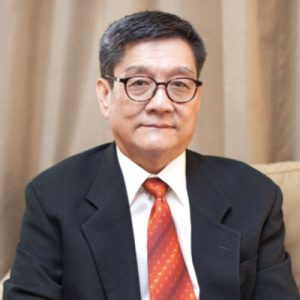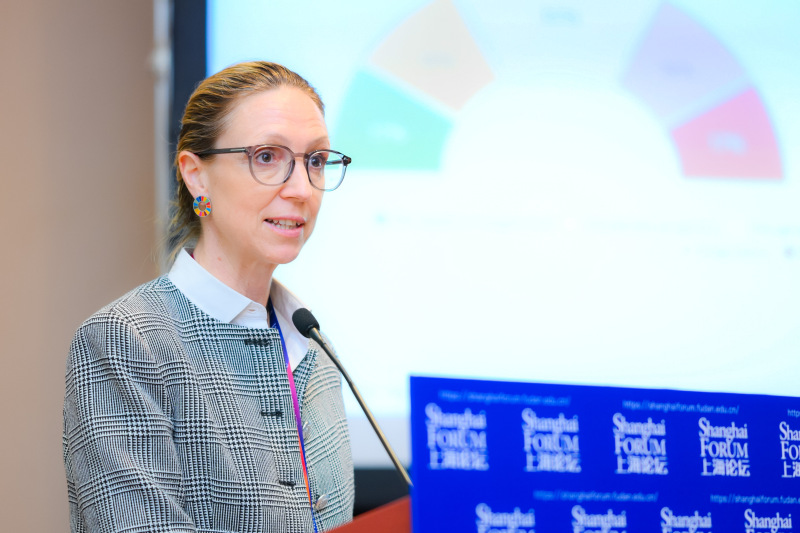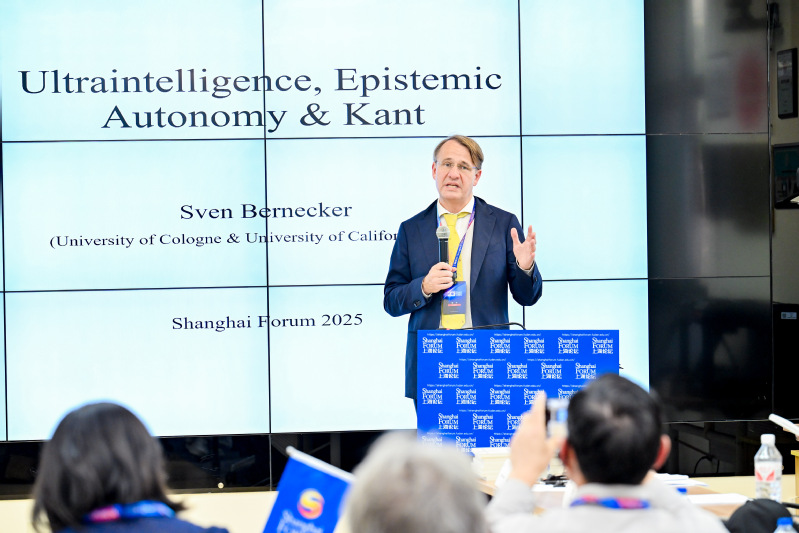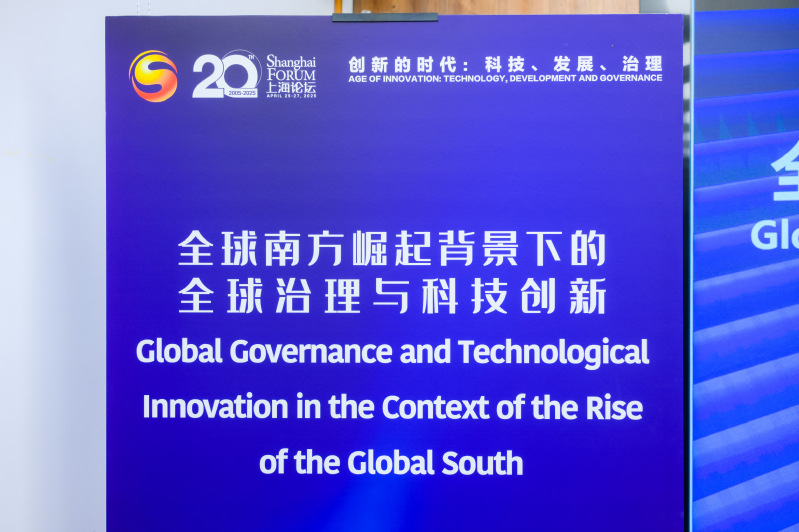“Malaysia’s prosperity depends on a better world, and through its own advancement, it can contribute meaningfully to global progress,” said KOH King Kee, President of Centre for New Inclusive Asia.

As a prominent voice on ASEAN affairs and regional geopolitics, Koh participated in the 2025 Shanghai Forum to discuss ASEAN-China relations in an era of digital transformation and geopolitical uncertainty. In this interview with Fudan University Media Center, he shares his insights on economic cooperation, digital sovereignty, Western media bias, and Malaysia’s growing role in shaping regional development.
Q: How do ASEAN countries perceive China’s growing technological and economic presence?
Koh: ASEAN countries generally view China’s technological rise with a mix of admiration and caution. On one hand, they appreciate China’s advancements in areas like 5G, artificial intelligence, and e-commerce—sectors that are vital for ASEAN’s own digital development. A good example is China-Laos AI Innovation Cooperation Center and the port of the Friendship Pass, which incorporate advanced AI and 5G technologies to enable fully automated customs and freight operations.
However, concerns about digital sovereignty, data privacy, and cybersecurity are also prominent. ASEAN countries want to embrace innovation but remain cautious about potential overdependence or security vulnerabilities.
Q: What strategies have China and ASEAN adopted to reduce geopolitical risks and maintain stable relations?
Koh: China and ASEAN have developed a broad and mature partnership based on mutual benefit and regional stability. China has been ASEAN’s largest trading partner for 16 consecutive years, and this economic relationship is complemented by strong cultural and educational exchanges. Malaysia alone hosts around 60,000 Chinese students, many of whom call it their “second home.”
To manage tensions, both sides have institutionalized dialogue mechanisms These platforms allow for consistent communication on trade, security, and policy coordination. Visa-free travel and regional summits further reinforce political trust and people-to-people bond. Such cooperation is critical for weathering external shocks and preserving ASEAN’s centrality in regional affairs.
Q: Malaysia now holds the rotating ASEAN chair and has joined BRICS as a partner country. How do you view Malaysia’s role in today’s international landscape?
Koh: Malaysia’s dual role gives it a unique platform to influence both regional and global discourse. As a BRICS partner country, it has the opportunity to align with emerging economies and advocate for a more inclusive global order. As ASEAN chair, it can guide dialogue on key issues such as digital governance, maritime cooperation, and sustainable development.
I’ve consistently argued that ASEAN and China should formalize their cooperation through binding agreements—not just on the South China Sea, but in areas like e-commerce and technological standards. Malaysia, with its diplomatic balance and cultural diversity, is well-positioned to mediate diverse interests and champion consensus-based solutions. This leadership could contribute significantly to a more stable, multipolar global system.
(END)
Writer: YIN Zhenjie
Proofreader: WANG Jingyang
Editor: WANG Mengqi, LI Yijie




